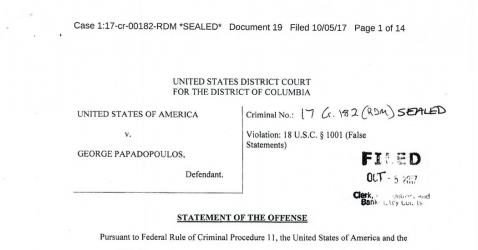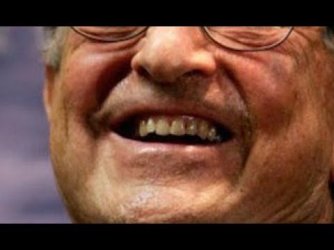 21. From mid-June through mid-August 2016, PAPADOPOULOS pursued an "off
21. From mid-June through mid-August 2016, PAPADOPOULOS pursued an "offthe record" meeting between one or more Carnpaign representatives and "members of president
Putin's office and the mfa."
a. For example,-on or about June 19, 2016, after several email and Skype
exchanges with the Russian MFA Connection, defendant PAPADOPOULOS emailed the HighRanking
Campaign Official, with the subject line "New message from Russia": "The Russian
ministry of foreign affairs messaged and said that if Mr. Trump is unable to make it to Russia, if
a campaign rep (me or someone else) can make it for meetings? I am willing to make the trip off
the record if it's in the interest of Mr. Trump and the campaign to meet specific people."
b. After several weeks of further communications regarding a potential "off
the record" meeting with Russian officials, on or about August 15, 2016, the Campaign
Supervisor told defendant PAPADOPOULOS that "I would encourage you" and another foreign
policy advisor to the Campaign to "make the trip{], if it is feasible."
c. The trip proposed by defendant PAPADOPOULOS did not take place.
III. The Defendant's False Statements to the FBI
22. On or about January 27, 2017, defendant PAPADOPOULOS agreed to be
interviewed by agents from the FBI.
23. The agents informed defendant PAPADOPOULOS that the FBI was investigating
interference by the Russian government in the 2016 presidential election...




Last edited:










